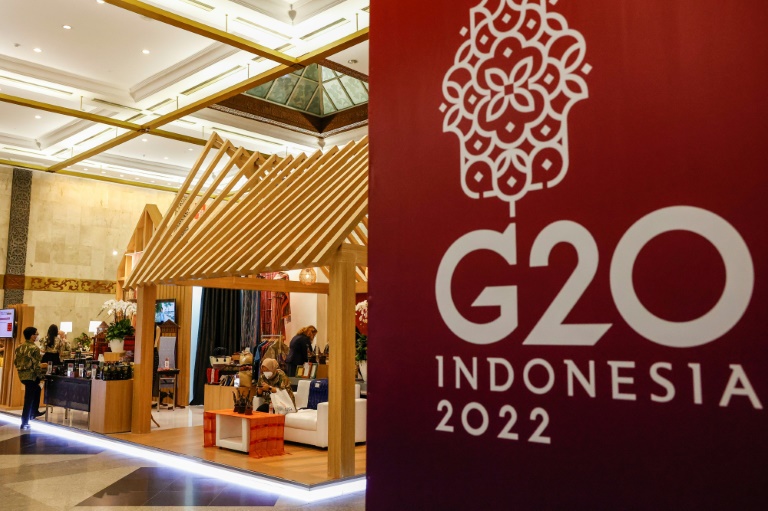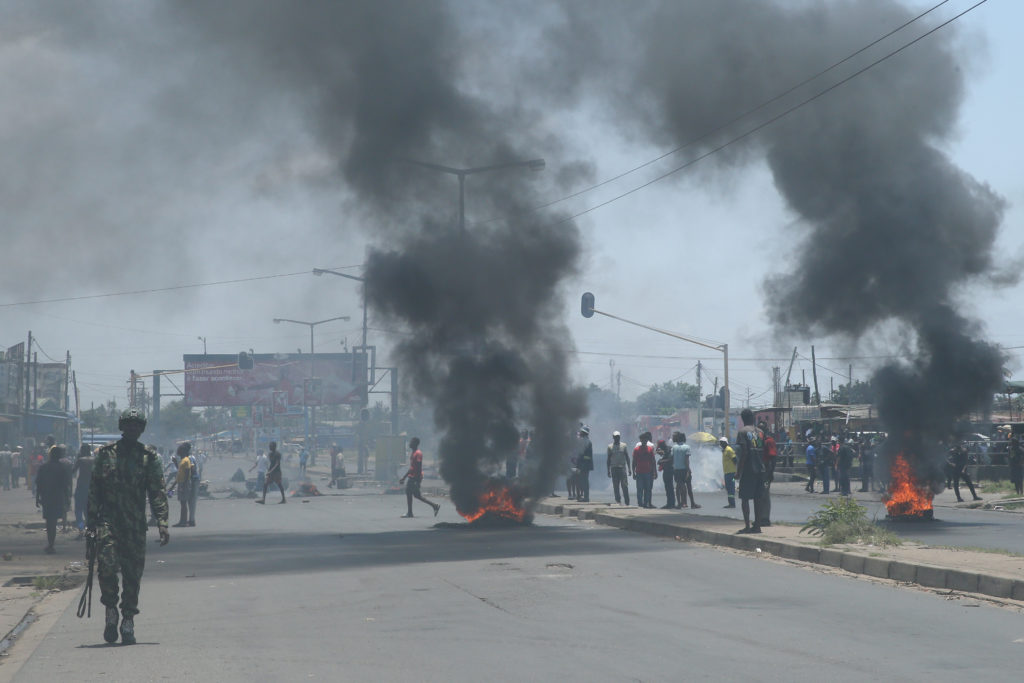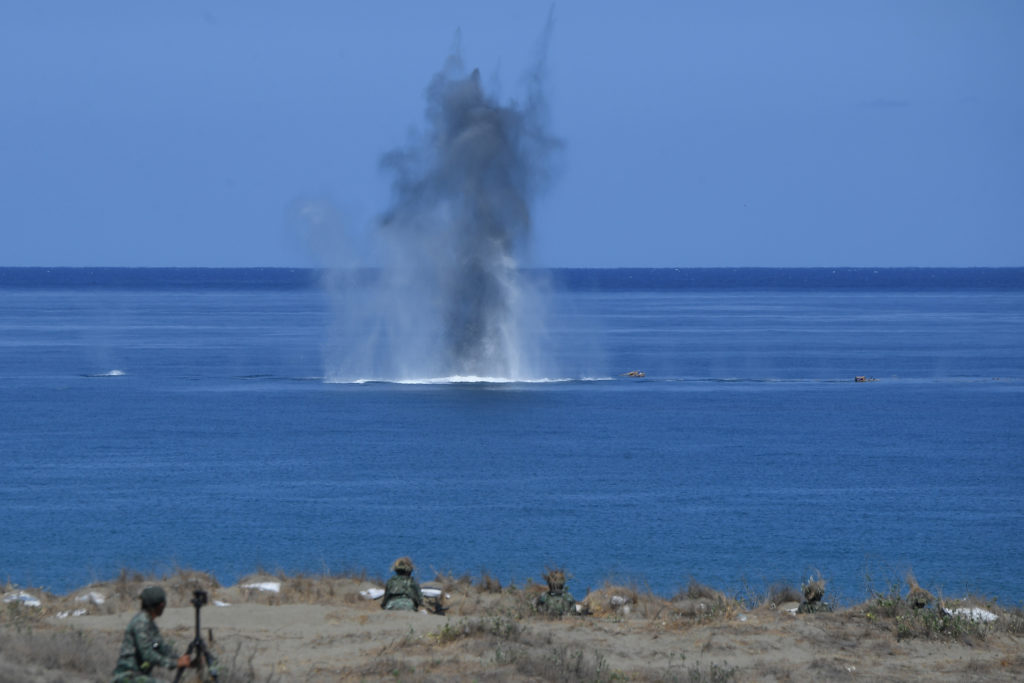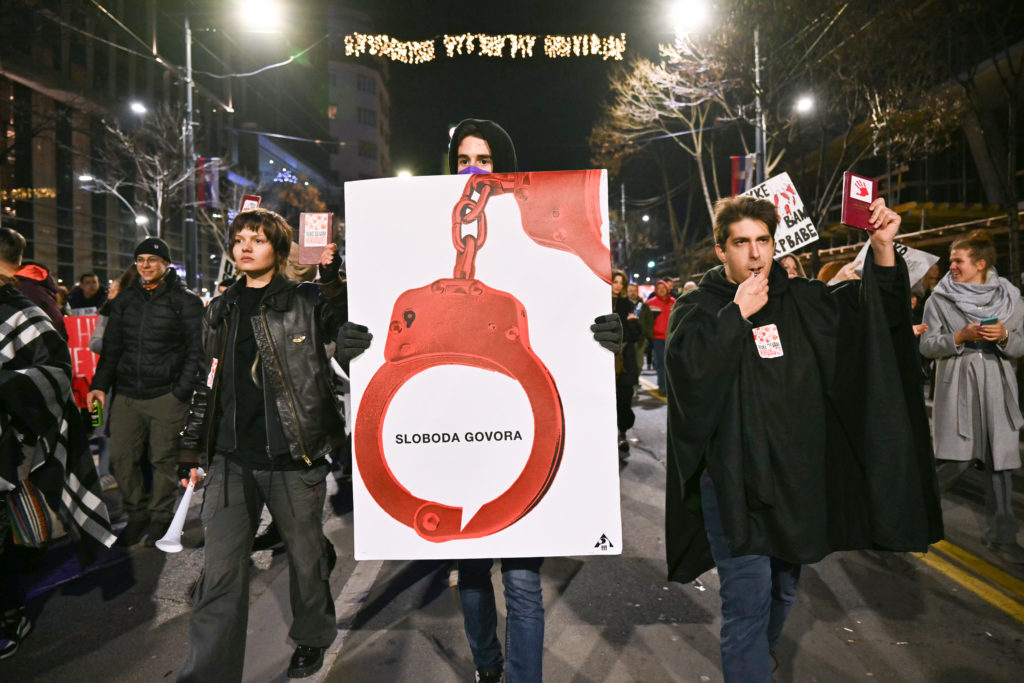US Treasury Secretary Janet Yellen led a multi-nation walkout of a meeting Wednesday of finance officials from the world’s richest countries when Russian officials spoke, in protest against Moscow’s invasion of Ukraine.
Russia’s attack on its neighbor loomed over the meeting of G20 finance ministers and central bank governors, the first since President Vladimir Putin ordered the invasion in late February.
British, French and Canadian officials joined the boycott, officials confirmed, underscoring the boiling tensions at the gathering of the Group of 20 which convened to address global challenges like rising debt and a possible food crisis.
“Multiple finance ministers and central bank governors including Ukraine Finance Minister (Sergiy Marchenko) and Secretary Yellen walked out when Russia started talking at the G20 meeting,” a source familiar with the event told AFP.
“Some finance ministers and central bank governors who were virtual turned their cameras off when Russia spoke.”
Canadian Deputy Prime Minister Chrystia Freeland tweeted a photograph of the officials who left the meeting, saying, “The world’s democracies will not stand idly by in the face of continued Russian aggression and war crimes.”
And during the gathering French Finance Minister Bruno Le Maire called on Russian delegates to refrain from attending the sessions, saying “war is not compatible with international cooperation.”
Experts see little chance at this meeting for the bloc to find consensus on global challenges such as climate change and debt relief for poor nations.
“I think expectations should be extremely low,” said Matthew Goodman, senior vice president for economics at the Washington-based Center for Strategic and International Studies (CSIS).
“It’s hard to see how the G20 is going to pull together in the face of… the Ukraine crisis,” he said in an interview.
The G20, chaired by Indonesia this year, includes major economies like the United States, China, India, Brazil, Japan and several countries in Europe, including Russia.
The finance officials are gathering virtually on the sidelines of the World Bank and International Monetary Fund’s spring meetings in Washington.
Despite the friction, IMF Managing Director Kristalina Georgieva said global cooperation “must and will continue,” pointing to multiple issues that “no country can solve on its own.”
Georgieva, who heads an institution with 189 members, told reporters, “I can vouch for the fact that it is more difficult when there are tensions, but it is not impossible.”
– Expected gridlock –
The meetings in Washington are focused on how to help the global economy recover from the new shock caused by Russia’s invasion, which has driven prices for food and fuel higher and caused the IMF to lower its global growth outlook to 3.6 percent for this year.
Western nations have retaliated for the bloody incursion with sanctions meant to harm Russia’s economy and turn it into a pariah state.
Speaking to reporters prior to the meeting, German Finance Minister Christian Lindner said the country, which chairs the G7 group of liberal democracies, would try to find common ground, but added: “We will not provide a stage for Russia to spread propaganda and lies.”
Russian Finance Minister Anton Siluanov attended the meeting virtually, and “called on the partners to avoid politicizing the dialogue and stressed that the G20 has always been and remains primarily an economic format,” the ministry said in a statement.
US President Joe Biden has proposed ejecting Russia from the G20.
But Mark Sobel, a former Treasury official who is now US chairman of the Official Monetary and Financial Institutions Forum, told AFP there was no obvious mechanism for booting Moscow, which is to varying degrees supported by China and India.
“I think that it really does raise a fundamental question about how are you going to manage global governance,” he said of the tensions.
The divide also bodes ill for the G20 Common Framework, created during the pandemic to help heavily indebted countries find a path to restructure their debt, but which Sobel said is “flailing” as China and private-sector creditors drag their feet on participating.










